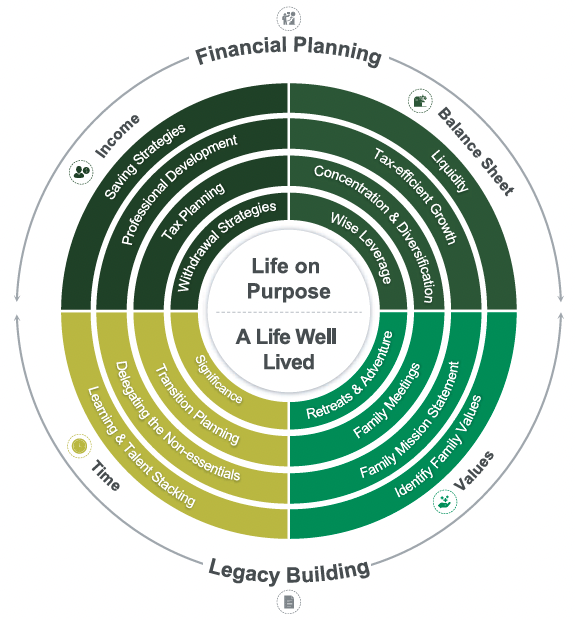We recently sent our quarterly letter to clients and the following is an excerpt that offers our thoughts on the merits of making an investment forecast for 2014, or any year, for that matter.
The fact that both the economies and the stock markets of the developed nations performed so well last year might lead one to the following conclusion:
Stocks did well last year as growth improved and because forecasters are projecting more healthy economic growth in 2014, it should be another good year to invest in stocks.
As much as we would like for this to be true, the assertion that future stock or bond prices are predictable at any point in time is wrong. Consider the following:
1) When you see the phrase, “forecasters are projecting”, it is usually best to ignore whatever comes next. Based on the unique information advantage of the largest investment banks and the wealth of resources, knowledge, and people available to their chief strategists, one might then expect that forecasts of the “experts” would be relatively useful. The reality is that their economic and market forecasts are no better than random guesses.
Take, for example, the expert predictions of S&P returns at the start of each year going back to the year 2000. During that stretch, there have been five years when top Wall Street strategists collectively expected a market return in excess of 10% for the following 12 months: 2001, 2002, 2003, 2008, and 2009. The actual annual return during those five years averaged -6.8%. In the remaining years when expectations were more subdued, the actual annual returns averaged +9.9%.
2) Even if we had a crystal ball and definitively knew that corporate earnings growth was going to be strong in 2014, we would be wise to avoid projecting stock market returns with that data. As previously suggested, there is a common fallacy that the stock market and the economy move hand-in-hand so that when the economy does well, stocks should do well, and vice-versa. In fact, the opposite is true. Vanguardreleased a study in 2010 which shows that the connection between economic growth and stock returns is effectively zero. Another widely-cited research paper actually demonstrates that stock returns are negatively correlated with economic growth. There are plenty of recent examples. In 2012, for example, S&P earnings declined -2.2% but stocks appreciated 16.0%. Alternatively, in 2002 corporate earnings increased by 9.2% but the stock market declined -22.1%.
3) The fact that developed market stocks did well last year and that economic conditions have improved is not some secret known by you and three other people. This information is widely known and future expectations are already factored into market prices. One of the reasons that developed economy stocks performed so well in 2013 was that fears were so rampant and expectations were resultantly so depressed. Alternatively, emerging markets grew four times as fast as the economies of the developed countries in 2013, but emerging market stocks fell by 2.3% as a result of not meeting even loftier expectations. It is worth a constant reminder that expectations are already factored into prices.
The dirty little secret is that accurately predicting the market (stock or bond) is near-impossible, if not impossible, and no one has a good clue of how the stock or bond markets will perform in 2014. Yes, there will always be someone who “gets it right”, but they will just as likely be wrong the next time. Expert-sounding predictions are seductive and, just like a kid who refuses to give up a belief in Santa Claus, everyone would like to believe that someone knows what is going to happen. Unfortunately, many investors succumb to relying on predictions and the idea that successful short-term market timing is possible, despite overwhelming evidence to the contrary. Humans are, by nature, an overconfident species. For example, 82% of us believe we are above-average drivers. At RPG, we believe that there are three types of investors: those that don’t know the future direction of the financial markets, those that don’t know that they don’t know the future direction of the financial markets and those that know that they don’t know but pretend that they do. We are in the first category of investors. Unfortunately, much of the investment advisory industry consists of the other two categories of investors.




Leave A Comment